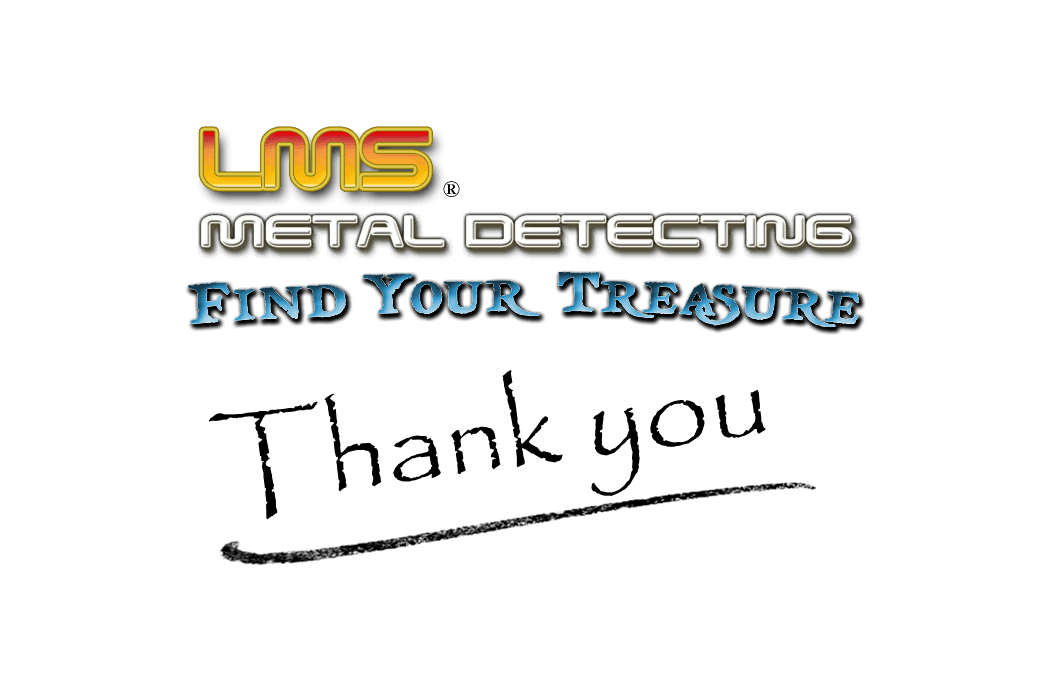CODE OF ETHICS FOR RESPONSIBLE METAL DETECTING
THE GROUP AND JOINING
Metal Detecting Equipment Supplier in Murrells Inlet, South Carolina
Shop Online, In-Store, or Call 843-457-2795 for more information.
Curbside Order Pickup is Available!
free shipping on orders over $50 (contiguous 48 states - some exclusions apply)
Get in Touch
Our team is here to listen, guide, and provide solutions tailored to your goals.
Visit us at our Murrells Inlet corporate office today or shop online for all of your metal detecting needs.
Contact Us Form
132 Cypress Creek Drive, Murrells Inlet SC
(843)-457-2795

A special thank you to the friends we have made throughout our travels. We truly appreciate your support, and we’re so grateful for the trust you’ve placed in us with your property. We sincerely hope you are satisfied with your experience and will recommend us in the future.
Thanks for visiting our site. We hope
you had a helpful and positive experience.
Your feedback and suggestions are always welcome.
Main Office
132 Cypress Creek Dr
Murrells Inlet, SC 29576
Ph: (843) 457-2795
Member Login